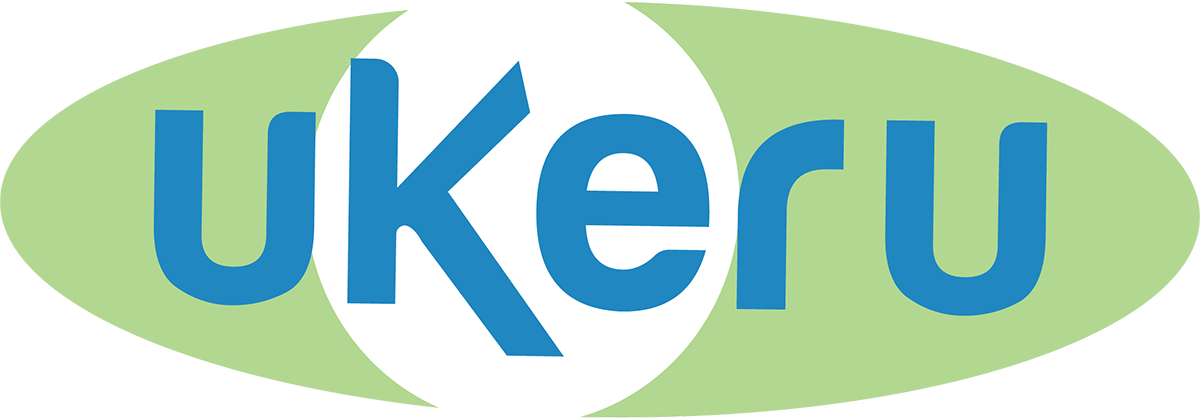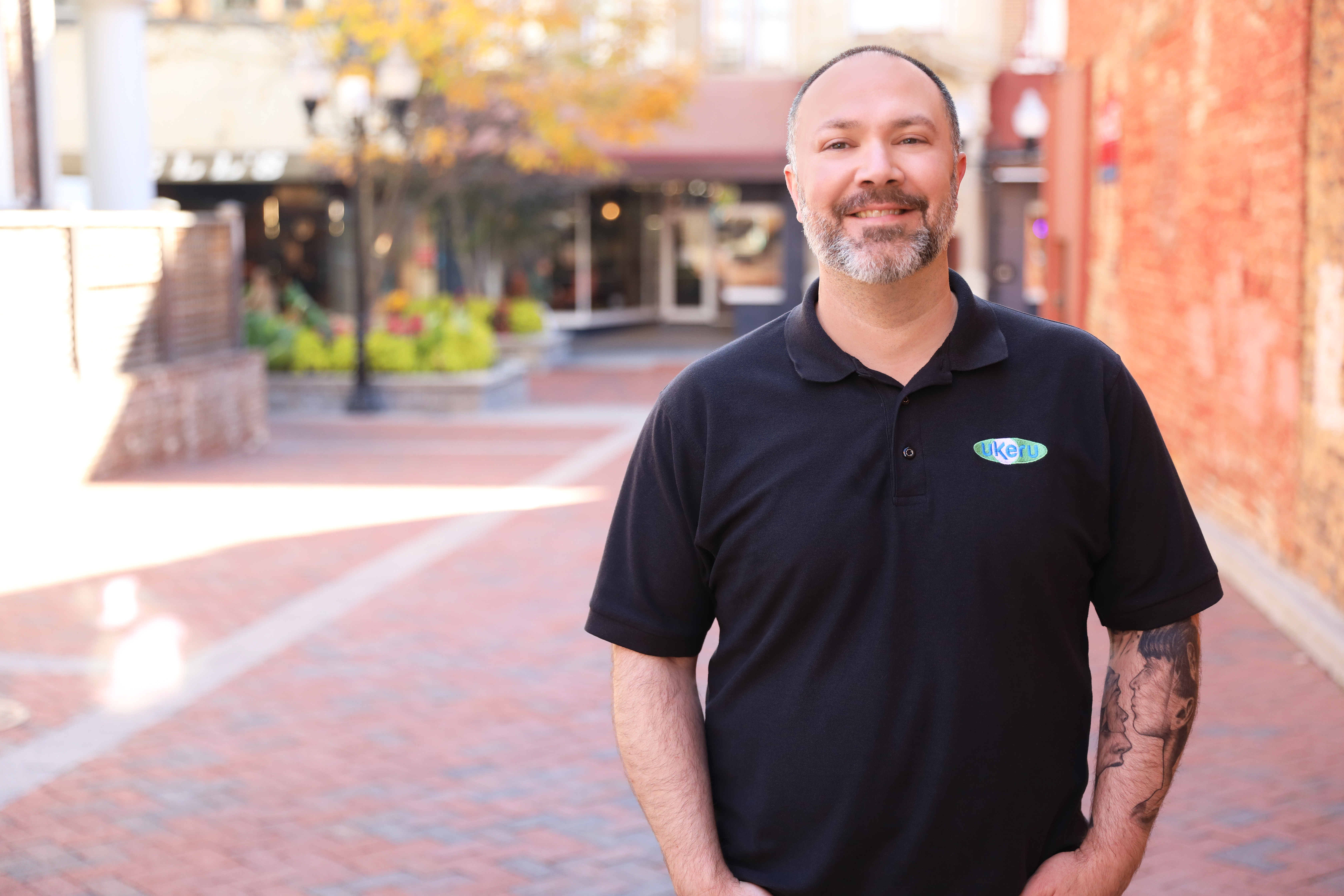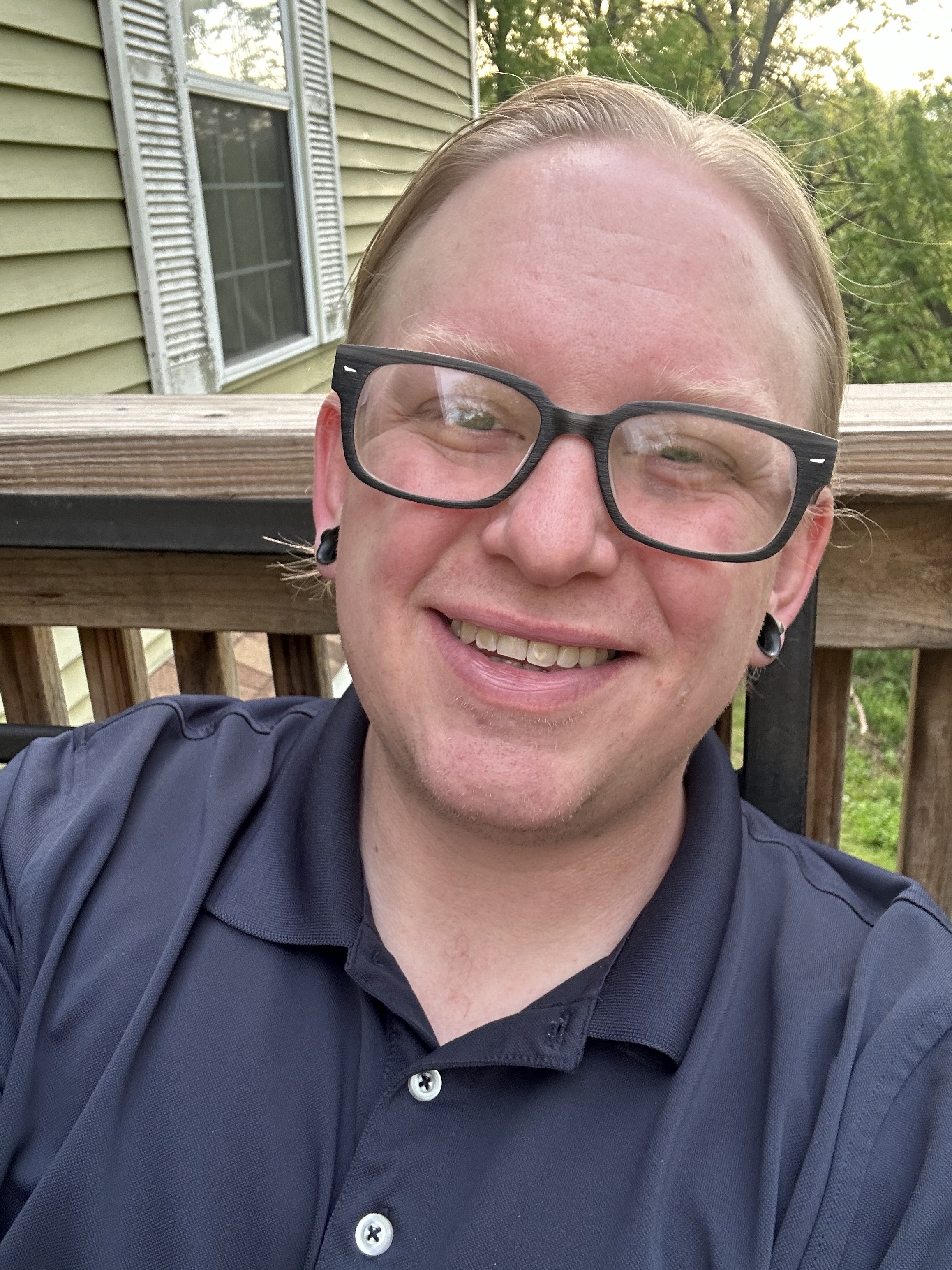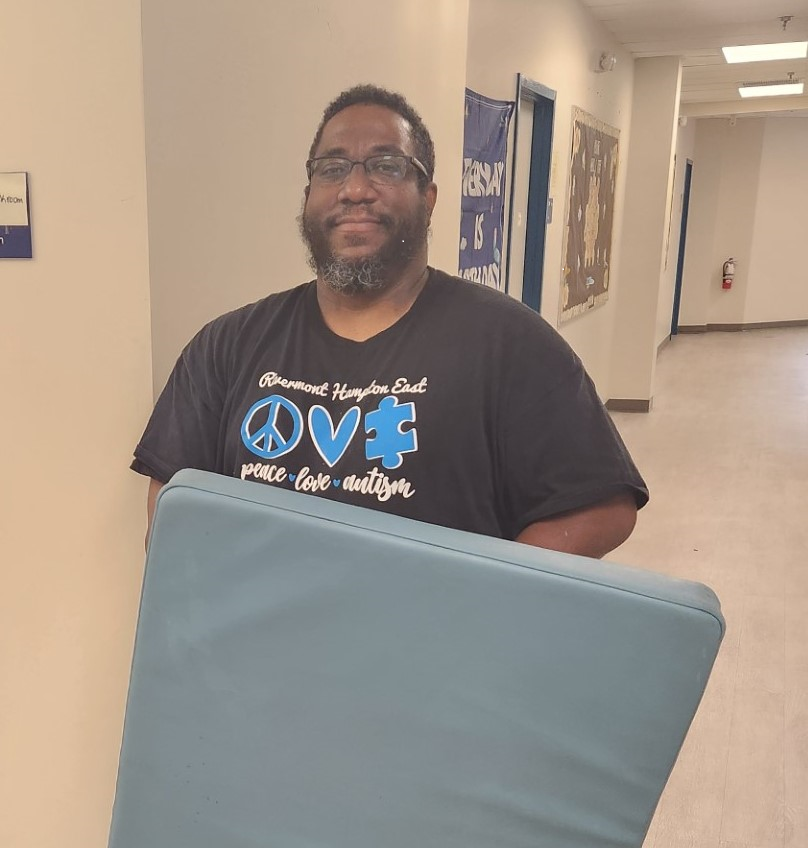
By Christopher Feltner, Training and Performance Architect
Something that many don’t know about me is that I am naturally (and most comfortably) an introvert. When I am not working, I really don’t talk that much. Growing up as an only child that moved around a lot, I grew accustomed to keeping to myself. I learned a lot about how to adapt socially as needed.
There have been several experiences that have taught me how to be secure in who I am and able to be extroverted when necessary: playing sports in school (at the behest of my parents), playing in bands over the years and martial arts. While I am a natural introvert, I am a professional extrovert. As someone who supervises other staff and stands in front of groups of people regularly, I have to be!
But what does all this have to do with anything? I’m glad you asked!
Whether you are responsible for working directly with individuals or responsible for supervising staff, the best thing you can do is develop a strong sense of who you are as a person. Really this is a great life skill! However, in our field, this is even more crucial.
When you know who you are as a person, it will help you when faced with conflict. When someone you serve is being verbally and/or physically aggressive, it will increase your chances of handling the situation better with composure. When you’re addressing a staff member you supervise, it will increase your chances of not taking resistance personally. Developing a strong sense of self will also help prevent you from being devastated when something goes wrong in an interaction or situation. Instead of a mistake crushing you, you’ll be able to forgive yourself and learn better for next time.
Our current social climate does not make it easy to figure out who we are as individuals; to feel confident (not arrogant) in ourselves. Developing our sense of “self” takes effort, experience and practice. However, some find their sense of self in being controlling of others. This is the other side of the “self” coin.
People with a healthy sense of who they are as a person can have great positive influence for those they serve and/or those they supervise! Similarly (and unfortunately), the same can be said for those who seek feeling powerful in their work to compensate for feeling less-than in their personal life. As we look for the “why” of the behavior of those we serve, we also need to examine the “why” in us.
A positive sense of self allows more room for admitting to and learning from errors, compassion, collaboration; everything we teach as part of Ukeru. This will produce the fruit of healthy relationships with staff and individuals served. This leads to Comfort vs Control.
If our sense of self is wrapped up in feeling powerful by warding control over others, always being right, pressuring staff and individuals into compliance by over-talking, threatening, etc, then we’re instilling fear, resentment, distrust and everything that goes against Comfort vs Control, Ukeru and treatment in general!
My hope is that we all will take a moment to analyze our thoughts and actions in our work every day to make sure our sense of self is healthy and compatible with the work we do every day.




